Perspectives on the Liberal Arts
In the College of Arts & Sciences, we know that an education in the liberal arts and sciences is key to an enriched life and an engaged citizenry. Read the perspectives of faculty, students, and alumni from across the College on the impact of the liberal arts and sciences on themselves and the world at-large.

Karen Chandler
Associate Professor, Department of English
“Specializing in African American literature, I am continually reminded that education has not always been a right and that its benefits have been difficult, even impossible, for many to achieve. Though the literacy skills that Frederick Douglass fought to master may seem a far stretch from a college-level course in Milton or advanced calculus, his account of his defiant embrace of learning suggests otherwise. Douglass connected his growing proficiency in reading and writing with a growth in consciousness and an uplifting of his soul – ‘the light of truth only by which men [and women] can be free.’”
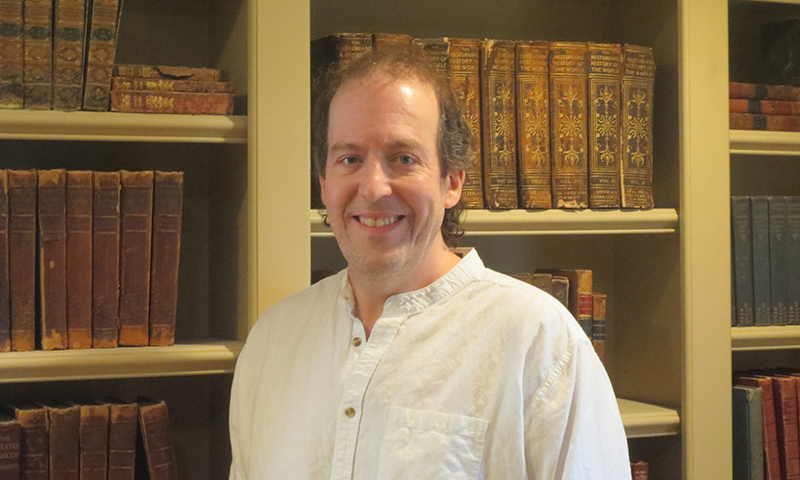
Lee Dugatkin
Professor, Department of Biology
“With natural selection as a theoretical and conceptual platform, so many hitherto unconnected, disparate observations come together in a coherent manner – I see it in the evolution class I teach at UofL. When a student truly "gets" these ideas, things make sense in a way they never did before.”
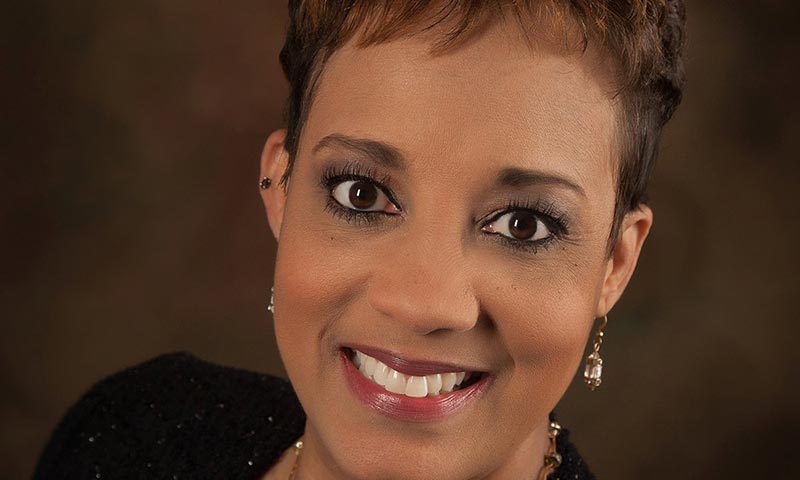
Dawne Gee (Biology ’86; Communication ’93)
News Anchor, WAVE-3
“Technical skills can be learned once you are hired, but civic and social engagement along with analytical problem-solving skills are fostered immediately by the setting and variety of subjects offered in a liberal arts education.”
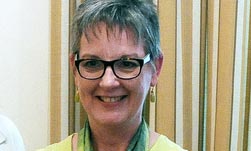
Suzanne Meeks
Chair, Department of Psychological & Brain Sciences
“It takes time for students to figure out how to change the world – I hope that a narrow definition of “practical education” does not get in their way. By continuing to promote and nurture the liberal arts for all college students, we keep high quality public education available to everyone, and our community, our state, and our country will be the better for it.”
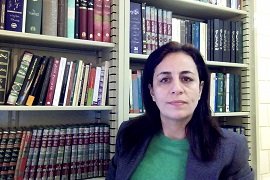
Maryam Moazzen
Assistant Professor, Department of Comparative Humanities and Middle East & Islamic Studies Programs
“We should remember that education is not just a pursuit that one uses to get started in a career; education first and foremost should be regarded as a driving force that continues to form and invigorate our life. Let’s not forget that countless college students who graduated with degrees in humanities and social sciences hold successful careers in politics, medicine, creative professions, law, media, education, business and international relations, the arts, public service, and so forth.”

David Owen
Chair, Department of Philosophy
"There are three ways that an education in the liberal arts and sciences matters. First, it gives us a greater capacity for understanding ourselves. Second, it expands our understanding of the natural and social worlds and our relationship to both. And third, it provides the sorts of knowledge and skills for the kinds of intellectual and skillful creativity, responsiveness, and adaptability that will be an advantage in a globalized, dynamic, and rapidly changing, economy. In short, a liberal arts education lays the foundation to a collectively fulfilling form of human life.”
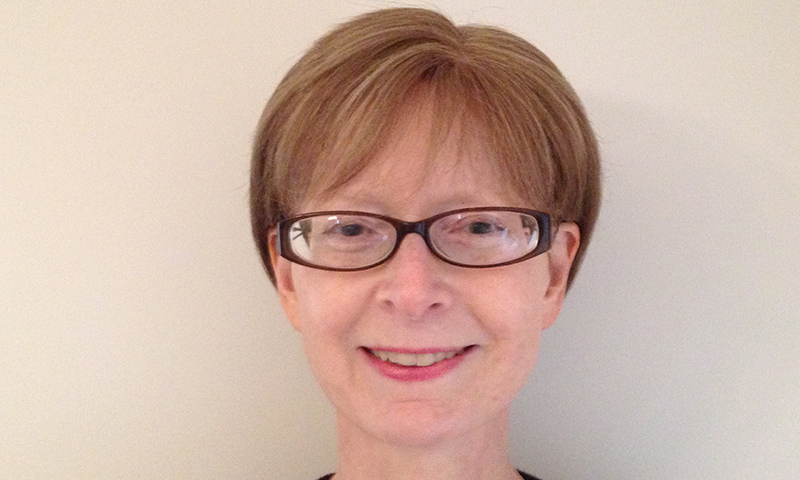
Laurie Rhodebeck
Associate Professor, Department of Political Science
“The importance of an education in the liberal arts and sciences is not a new idea. In founding the nation, leaders like George Washington, Thomas Jefferson, and John Adams took concrete steps toward recognizing general education as essential to the well-being of a republican government. The common goal of these founders was to foster a citizenry that understands its own history, thinks critically about issues of public concern, appreciates diverse cultures, and expresses its beliefs without squelching the views of others.”
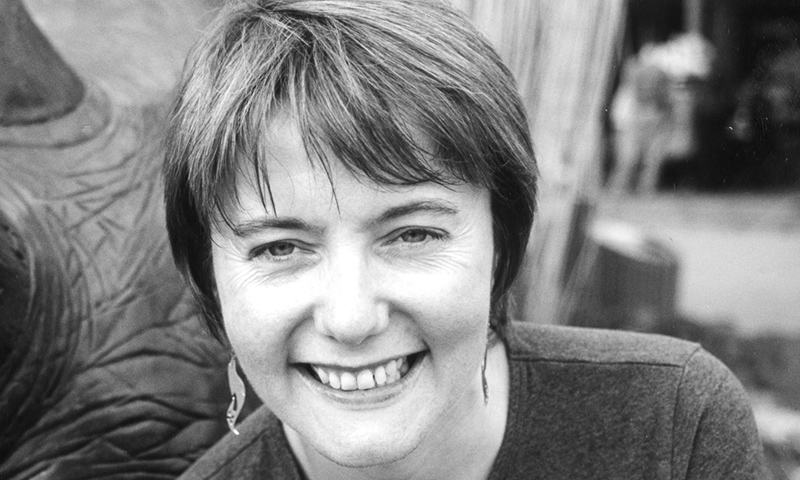
Glynis Ridley
Chair, Department of English
“The student well-versed in grammar could feel confident writing or speaking to his peers – or superiors. Instruction in logic allowed competing evidence to be weighed before taking action. Rhetoric (defined by Aristotle as “the art of persuasion”) was the most revered of the classical liberal arts, for the individual who understands what will move a particular audience to action wields an immense power. Rhetoric, logic, and grammar may look like antiquated terms, but the skills of clear, effective, and persuasive communication continue to be the most marketable – and transferable – ever taught.”
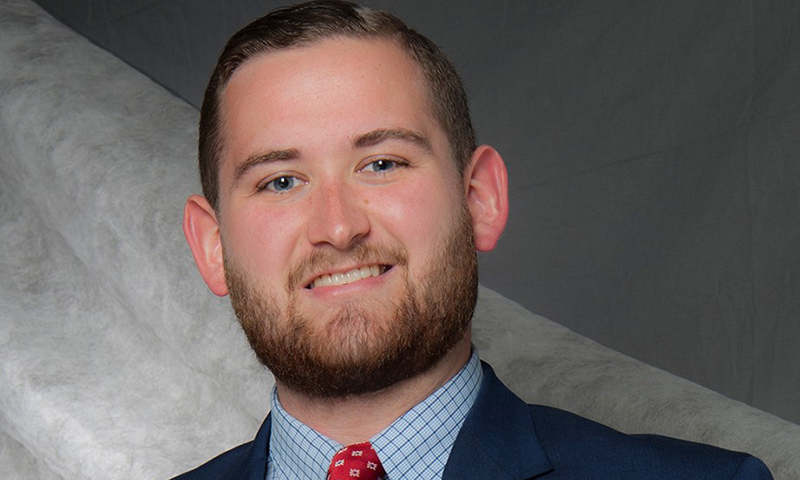
Aaron Vance
Senior, Student Government Association president
“Whether you conduct chemical or biological research, debate the political and cultural underpinning of Sino-Japanese relations, or seek to conjure the same emotions that Picasso sought during his ‘Blue Period,’ you would be unlikely to do this without undertaking a liberal arts education.”

Daniel Vivian
Assistant Professor, Department of History
“It is certainly true that America needs more engineers, computer scientists, and mathematicians. Yet we also need people who think critically, communicate clearly and effectively, and are adept at making sense of disparate information – the liberal arts develops these skills with unique ability.”
